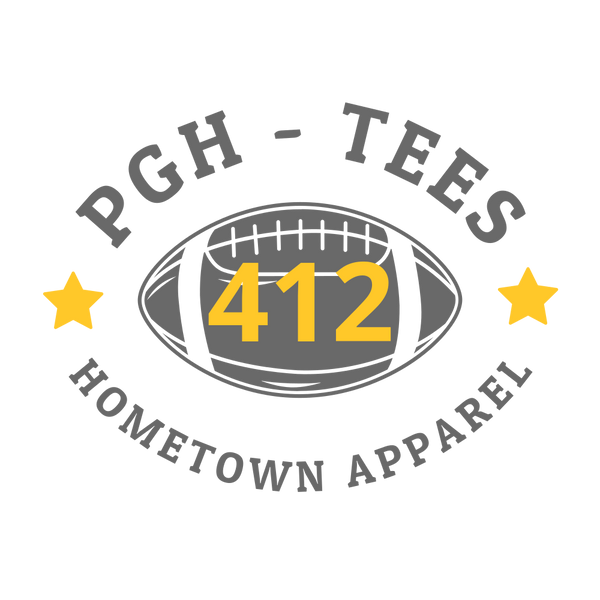H.J. HEINZ COMPANY
H.J. HEINZ COMPANY
The H.J. Heinz Company was founded in 1869 by Henry John Heinz (1844-1919). The company began as a producer of horseradish in Sharpsburg, Pa. under the name of Anchor Pickle and Vinegar Works, and later Heinz & Noble. When the business failed after the Panic of 1873, Heinz reestablished the company with financial assistance from his brother John and cousin Frederick in 1876. Tomato ketchup was introduced to the F. &. J. Heinz Company product lines later that year, followed by apple butter, pepper sauce, mincemeat, and other preserves. In 1888, H.J. Heinz acquired controlling interest in F. & J. Heinz from John, thus instating the H.J. Heinz Company name. Production continued to expand in the 1890s, with new factories and branches built in Allegheny City, Iowa, New York and Michigan. By 1905, the company had incorporated and opened factories in England and Spain.
In addition to lobbying in favor of the Pure Food and Drug Act of 1906, H.J. Heinz pioneered efforts to maintain cleanliness and quality in food production. Heinz also took a notably progressive attitude towards employee management, offering use of a roof garden, dining rooms, library and other amenities to his employees. At his death in 1919, Heinz was succeeded by his son Howard as president of the company and its 6,500 employees, 25 branch factories, 85 salting stations, 53 tomato receiving stations, and 111 pickle receiving stations. Both Howard Heinz and his son, H.J. “Jack” Heinz II, retained H.J. Heinz’s commitment to food safety and employee management. The company went public in 1946 under the direction of Jack Heinz. The H.J. Heinz Company achieved its current status as a global corporation in the second half of the twentieth century, eventually reaching markets in over 200 countries.

